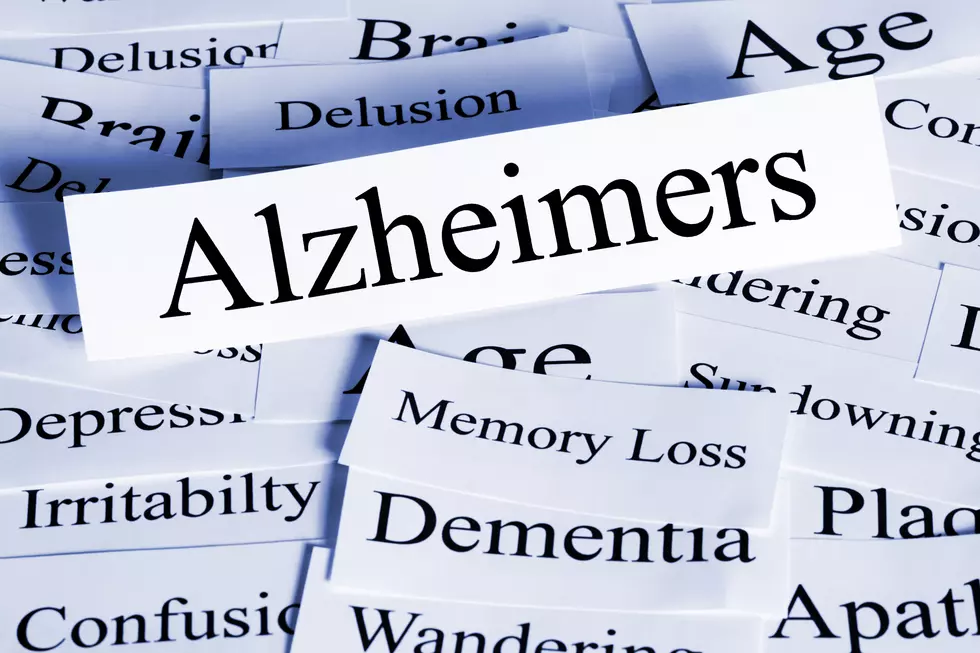
NJ researchers could be on verge of Alzheimer’s breakthrough
The day may be sooner rather than later that a simple blood test can determine whether a patient has Alzheimer's disease a decade before symptoms even appear.
Researchers at the Rowan University School of Osteopathic Medicine are working on an early diagnostic test that would detect biomarkers that indicate the presence of the disease.
"When you have a bacteria or virus, your body produces antibodies to fight the bugs. Normally, if you have antibodies against yourself, you have an autoimmune disease. But, everyone has thousands of these antibodies against themselves and we think their role is to clean up debris that the body generates on a day-to-day basis," said Robert Nagele, professor of geriatrics and gerontology at Rowan University School of Osteopathic Medicine. "If you're healthy, you generate a certain amount of debris and your body takes care of it. If you have a disease, that particular organ that's affected is generating a lot more debris today than it was yesterday and it produces antibodies to clear up that debris."
Nagele and his team are using those particular antibodies as a detector for Alzheimer's.
"If you have a disease and are generating more debris than usual from a particular organ, we can use a simple drop of blood to detect those antibodies that are trying to clean up that debris. That alone tells us that you have that disease even though you may not even know it," Nagele said.
Alzheimer's is the most common form of dementia among people ages 65 and older and it is not a normal part of aging.
About 5.3 million Americans are affected and that number is expected to increase by 40 percent over the next decade. The disease typically progresses over two to 20 years and people live an average of eight to 10 years from diagnosis. It is among the top 10 leading causes of death in the U.S. It cannot be prevented and there is no cure.
Early detection would be a major breakthrough, according to Nagele.
"We are always hopeful that the pharmaceutical companies will come out with a medication that will work. All medications always work best if you can detect the disease early before too much brain devastation has set it. That is critical," Nagele said. "If you want something to work, you have to treat the patient as early as possible so you can stop it as early as possible so the patient hasn't lost that much in terms of their memory and cognitive function."
Nagele believes that bad blood vessels may also play a role in Alzheimer's disease. Basically, the brain is covered with a protective barrier that separates it from circulating blood and the fluid that nourishes and supports your brain. The barrier acts as a gatekeeper, but if that barrier breaks down, leaks can occur and allow blood to seep in and kill brain cells.
"If that is the case, and you are eight or 10 years before symptoms appear, you can do something about it. You can change your lifestyle, you can lose some weight, get off the couch, join a gym and do all those cardiovascular things that keep your blood vessels healthy," Nagele said.
The test Nagele and his team have developed has an accuracy rate above 95 percent. Large scale testing has to be conducted before it is taken to the Food and Drug Administration.
For more information on Alzheimer's disease, visit http://www.alzfdn.org/.
More From New Jersey 101.5 FM









